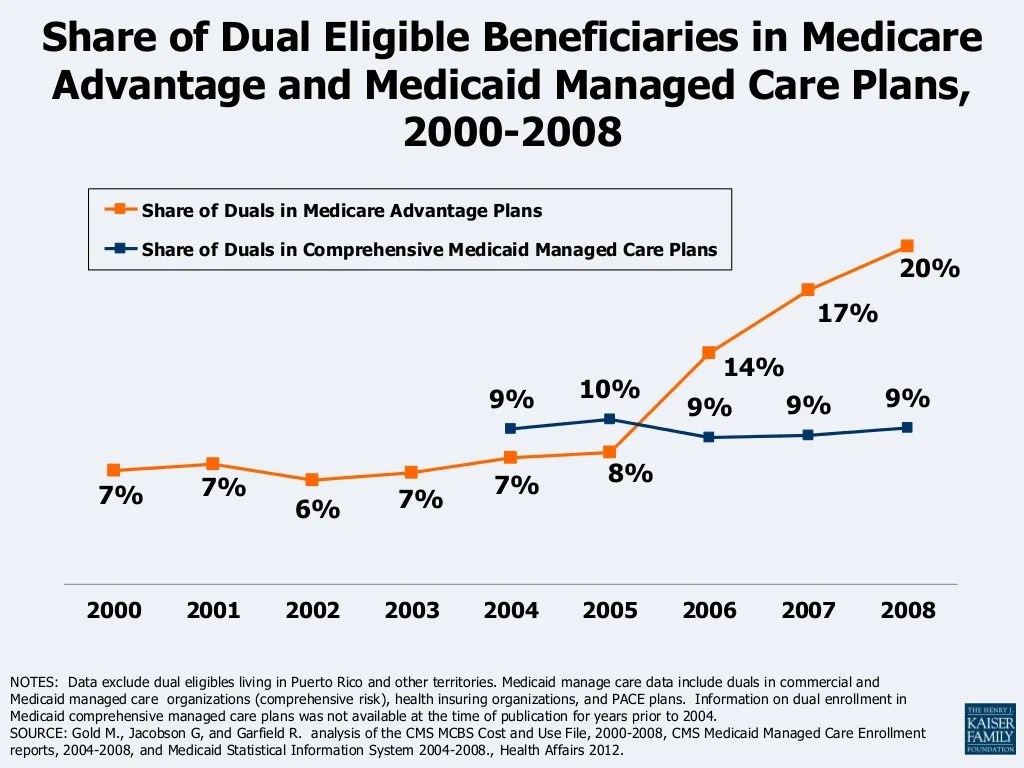Ms gates has recently become dually eligible – Ms. Gates has recently become dually eligible, a significant milestone that underscores the evolving landscape of healthcare accessibility. This status opens up new avenues for her to receive comprehensive healthcare services, underscoring the crucial role of eligibility in shaping health outcomes.
The journey leading to Ms. Gates’ dual eligibility status is a testament to the complex interplay of factors influencing healthcare access. Age, health conditions, and socioeconomic status all play a role in determining eligibility, highlighting the need for tailored approaches to healthcare policy.
Eligibility Status Update

In the context of healthcare, “dually eligible” refers to individuals who qualify for both Medicare and Medicaid benefits. This status is significant because it provides access to a broader range of healthcare services and financial assistance.
Ms. Gates recently became dually eligible after experiencing several health conditions and facing financial challenges. The timeline of key events leading up to her dual eligibility status includes:
- 2019: Ms. Gates diagnosed with a chronic health condition requiring ongoing medical care.
- 2020: She lost her job due to the economic downturn, resulting in reduced income and difficulty paying for medical expenses.
- 2021: Ms. Gates applied for and qualified for Medicare due to her age and health condition.
- 2022: She applied for and qualified for Medicaid based on her low income.
Factors Influencing Dual Eligibility: Ms Gates Has Recently Become Dually Eligible
Several factors may have contributed to Ms. Gates’ dual eligibility:
- Age:Medicare is primarily available to individuals aged 65 or older, and Ms. Gates meets this age requirement.
- Health conditions:Ms. Gates’ chronic health condition qualifies her for Medicare Part A, which covers hospital and nursing home care.
- Socioeconomic status:Her reduced income and financial challenges made her eligible for Medicaid, which provides coverage for low-income individuals.
Despite these factors, Ms. Gates may have faced barriers or challenges in becoming dually eligible, such as navigating the complex application process or meeting specific income requirements.
Implications of Dual Eligibility
Dual eligibility provides several benefits and advantages for Ms. Gates:
- Expanded healthcare coverage:She has access to a wider range of healthcare services, including primary care, specialist care, and prescription drug coverage.
- Financial assistance:Medicaid helps cover co-payments, deductibles, and other out-of-pocket expenses, reducing her financial burden.
- Improved health outcomes:Access to affordable healthcare can lead to better health outcomes and improved quality of life.
Considerations for Healthcare Providers

Healthcare providers treating dually eligible individuals have unique needs and considerations:
- Coordination of care:Dual eligibility involves multiple healthcare settings and providers, requiring coordination to ensure seamless care.
- Understanding eligibility rules:Healthcare providers must understand the complex eligibility rules and regulations governing dual eligibility.
- Patient education:Providers should educate patients about their dual eligibility status, benefits, and responsibilities.
Policy Implications

Ms. Gates’ dual eligibility has broader implications for healthcare policy:
- Increasing numbers of dually eligible individuals:As the population ages and healthcare costs rise, the number of dually eligible individuals is expected to increase.
- Challenges:The healthcare system must address the challenges of providing affordable, accessible, and high-quality care to this growing population.
- Policy recommendations:Policymakers can consider expanding eligibility criteria, streamlining enrollment processes, and improving coordination of care for dually eligible individuals.
FAQs
What is dual eligibility?
Dual eligibility refers to an individual’s qualification for both Medicare and Medicaid, providing them with a comprehensive range of healthcare benefits.
What are the benefits of dual eligibility?
Dual eligibility ensures access to a broader spectrum of healthcare services, including hospital care, physician visits, prescription drug coverage, and long-term care, reducing financial burdens and improving health outcomes.
What are the challenges associated with dual eligibility?
Coordinating care between multiple healthcare providers and navigating complex eligibility requirements can pose challenges for dually eligible individuals, necessitating tailored approaches to care management.

